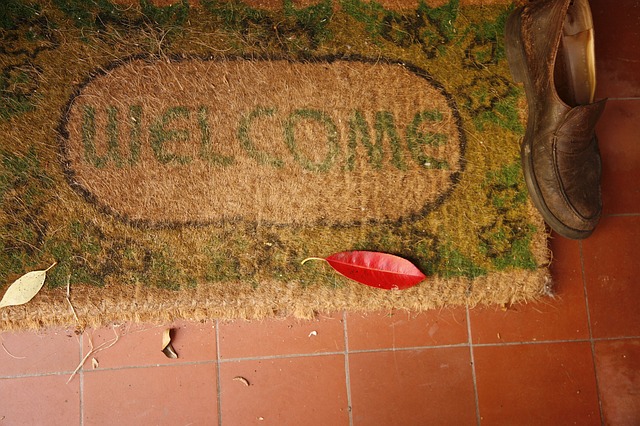
By Elizabeth Hinnant | Twitter: @LizHinnant
I’ve always prided myself on being able to take care of things on my own – not so much because I value self-sufficiency, but mostly because I don’t like being a burden on others. That’s just good sense, right? Ironically, it took a house full of extremely sensible German young people to show me that needing help doesn’t make me a burden, and even when it does, burdens are always better when they are shared.
After graduating from college in England, I moved to Germany to start a PhD and work in a Chemistry lab. The country was beautiful, but my experience wasn’t great. My boss was emotionally abusive, and it turned out that I liked learning about Chemistry more than actually doing it. A year into my project, as I was slowly figuring all this out, I left for a conference and returned to my basement apartment to find almost every surface covered in fuzzy, white mold. The heavy wooden furniture. The cork backs of pictures on the walls. My boots. My faux-leather jacket. Most of my clothes and coats. Completely covered in mold.
It turns out that without air conditioning, it’s important to leave the windows open for a few minutes every night in the summer in order to keep the humidity levels down. I had noticed the apartment was a bit muggy and even bought a dehumidifier, but nobody had clued me in to this crucial bit of German housekeeping. I spent the next two weeks staying with friends and spending an hour or two each night scrubbing every inch of the apartment and dry cleaning most of my belongings. I even had friends from my church come help me finish cleaning off everything that had been affected.
Apparently, it wasn’t enough. Eventually, as I prepared to move back in, the elderly owners of the house told me in broken English that my boxes of belongings in the basement hall were making it difficult for them to sleep because of the mess. They got increasingly agitated until I started calling every number in my phone to find someone who could translate.
One of the first people I managed to get in contact with was an acquaintance from church, a girl I had hung out with a few times but didn’t know super well. Once she heard what was happening, she didn’t hesitate. She told me to hang on and that she would be right over.
Twenty minutes later, she listened patiently as the couple – with whom I thought I had established a good relationship – listed all of my faults in humiliating detail. My German wasn’t great, but I caught the gist of the conversation: I didn’t sit out in the garden enough. I let my recycling stack up. They could see through the windows that I sometimes left clothes on the floor. I was a terrible housekeeper. They had been renting out that room for decades and never had a problem until I moved in. As much as I’d tried to be a good tenant, I had become my worst fear: a burden. My heart fell into my shoes.
As soon as they were out of earshot, my friend asked if I understood what they had said. I nodded. She looked me in the eye and said, “You’re coming to stay with me. Tonight. You don’t need to stay in a place like this.” I didn’t know what to say, but she insisted. I’m pretty sure I started to cry. She said she was certain that if they knew I could understand, they wouldn’t have been so harsh, but she was going to help me get out anyway. She helped me gather my things, and we biked across town to her apartment.
I ended up staying with her and her roommates for a month as I searched for another place to live. We had amazing group breakfasts, and she made me watch Friends with her when she found out I’d never seen it. At one point, she told me she was going out of town for a week, and to make myself at home while she was gone. I later learned she had exams and went to stay with her parents in the next town so that we would both have the space we needed.
Towards the end of the month, I realized I needed to leave the lab I was working in, and I eventually decided to move back to the U.S. altogether. Another friend later told me that the mold problem was likely due to the super-thick windows that my landlords had installed shortly before I moved in, and even if it was my fault, I was clearly doing everything I could to make things right, even if I wasn’t living up to their standards for domestic bliss (which were apparently exceptionally high in that area of Germany).
That month is still something of a blur in my memory, but I’ve never forgotten my friend’s hospitality and generosity. She taught me that even when you have nothing left to give, true friends value you for who you are. Where other people treated me poorly and found all kinds of ways justify their actions despite my best efforts, she treated me well – even to the point of inconvenience – for no reason at all. She saw the situation I was in and gladly picked up the burden so that it could be shared. She didn’t want me to struggle alone in a place where I didn’t know the language and didn’t have family nearby to assist when things got tough. She made space for me just because I needed it, and because she had resources I did not.
I’ve spent the last seven years trying to learn to see myself (and, by extension, others) the way she saw me – as a friend in a tough situation, not as a problem to be solved or criticized or ignored. I don’t know that I’ve quite succeeded, but if I ever do, it will be because of the unparalleled hospitality I experienced.
About Elizabeth:
 Elizabeth Hinnant lives in Atlanta with her husband Neal and a corgi/shepherd diva pup named Heidi. She (Elizabeth, not the dog) writes about science, tech and chronic illness and sometimes tweets @LizHinnant.
Elizabeth Hinnant lives in Atlanta with her husband Neal and a corgi/shepherd diva pup named Heidi. She (Elizabeth, not the dog) writes about science, tech and chronic illness and sometimes tweets @LizHinnant.
***

Our theme this month is “Hospitality Around the World.” Email me at scrapingraisins @ gmail (dot) com if you are interested in guest posting. Guest posts should be between 500 and 900 words. Be sure to include a headshot and bio. The theme for August is “Homelessness, Refugees & the Stranger,” so send me a post for that, too, if you have a good idea!
And if you’re not a writer, be sure to follow me on social media (links in upper right) to keep up with the latest blog post or sign up for my newsletter below for links to thought-provoking articles, a digest of blog posts, and a few things I’m into these days! xo




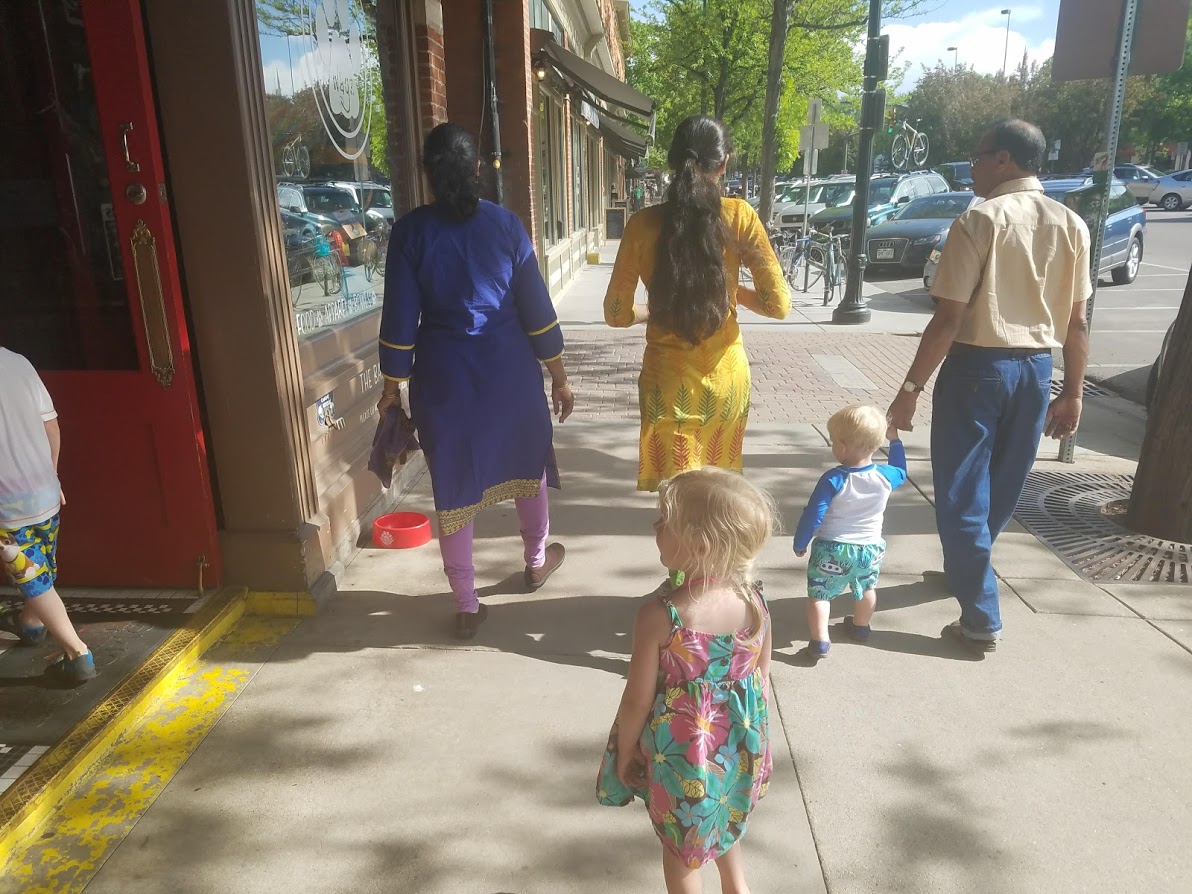












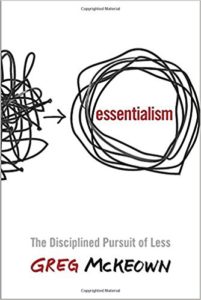 Essentialism: The Disciplined Pursuit of Less
Essentialism: The Disciplined Pursuit of Less Free Range Kids
Free Range Kids The Life Changing Magic of Tidying Up
The Life Changing Magic of Tidying Up The More of Less
The More of Less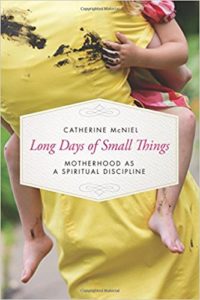 Long Days of Small Things
Long Days of Small Things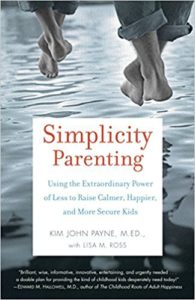

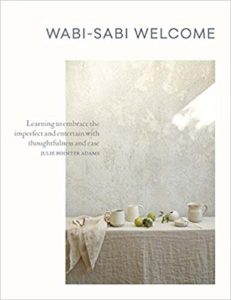

 Thank you for meeting me here in this space. The theme for March is “Simplify,” so you can
Thank you for meeting me here in this space. The theme for March is “Simplify,” so you can 

